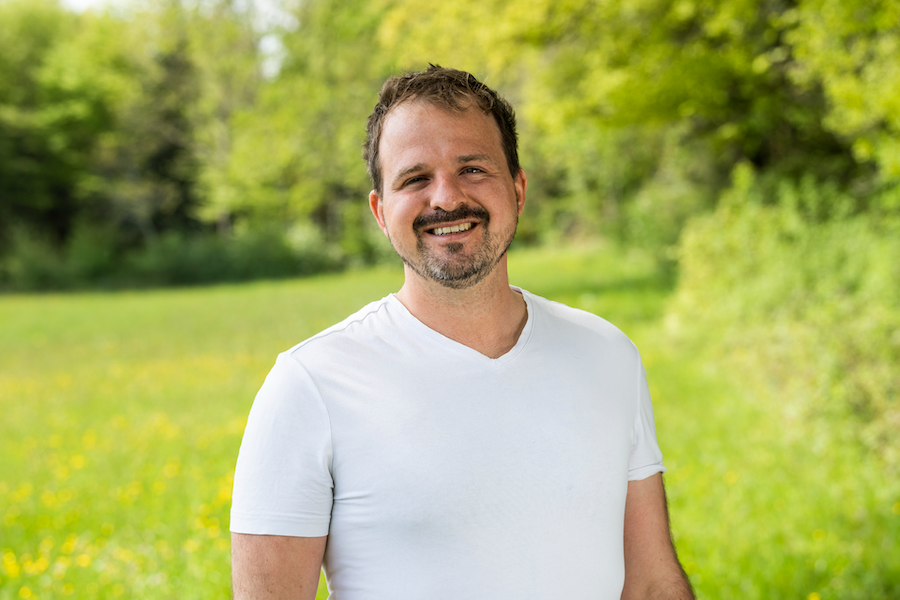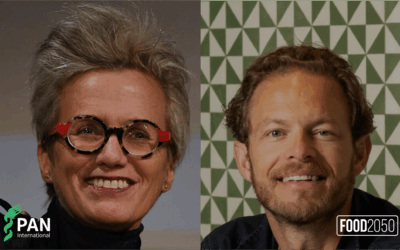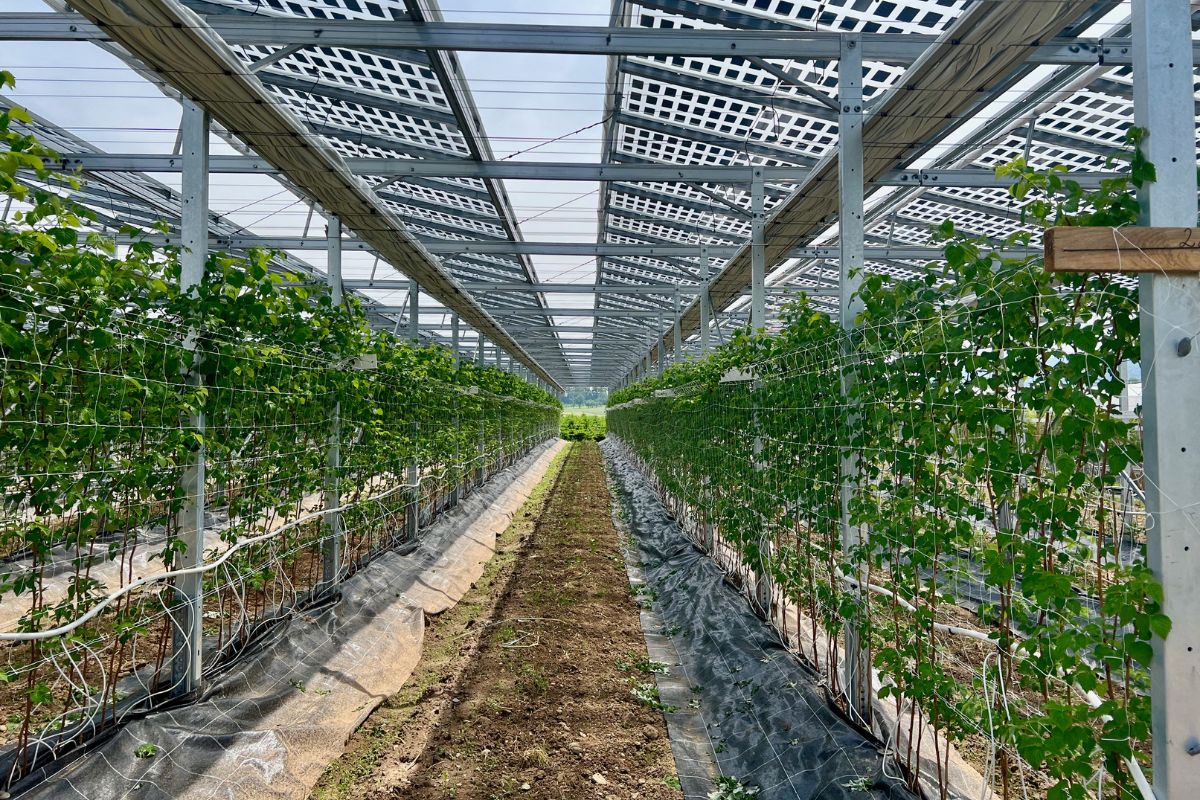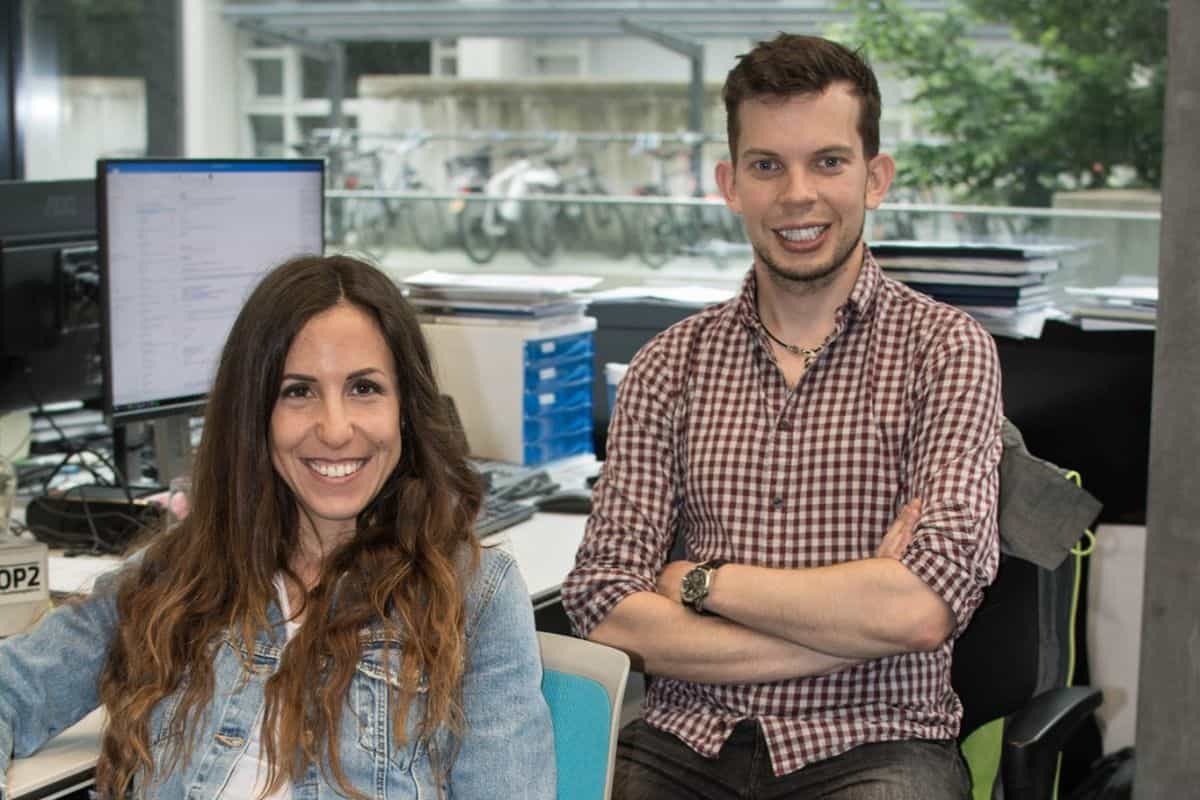Can food be healthy, tasty – and...
Eggfield Co-Founder Silvan Leibacher on growing eggs in a field
Eggfield Co-Founder Silvan Leibacher on growing eggs in a field

The Igeho Rising Star Award celebrates innovation and excellence in the hospitality and food sectors. In 2023, EggField, a Swiss startup specializing in plant-based egg alternatives for B2B customers, emerged as one of the award’s standout winners.
We spoke with Silvan Leibacher, Co-Founder of EggField, about their journey, the impact of the award, and his advice for food tech startups considering applying for the 2025 edition.
Silvan, can you tell us about EggField and the vision behind your plant-based egg alternatives?
By providing innovative clean-label ingredients to industry and food service partners, we aim to meet the growing demand for sustainable plant-based foods while ensuring they deliver outstanding taste and functionality. Our goal is also to reduce industry reliance on eggs in processed foods, which make up nearly 50% of global egg consumption. We help producers drive efficiency in production by simplifying recipes, reducing allergens, and increasing the shelf life of end products.
What inspired you to create solutions for plant-based products, and how has EggField evolved since its founding?
The journey started with a commitment to sustainability in our family-run bakery, the Leibacher Biber-Manufaktur, which I founded with my siblings in 2010. From the very beginning, we focused on using plant-based ingredients wherever possible because we realised that making delicious products is often not dependent on using animal-based ingredients.
However, given their complex properties and importance in baking, our single biggest challenge was finding a good and natural replacement for eggs. We experimented with aquafaba, the water from pulses, which foams very well but usually has some disadvantages and shortcomings, like a beanie taste or low functionality.
Based on these experiments we started prototyping a plant-based alternative to eggs by collaborating with David Ebneter, now EggField CTO and then a researcher at the Zurich University of Applied Sciences. For nearly two years, we developed a purely natural egg replacement using optimised aquafaba from chickpeas and yellow peas. Initially used in our bakery, this product quickly garnered interest from other manufacturers.
Our third founder Riet Steiger, David and I founded EggField in 2022 to make our egg replacement available to others. Soon we started to gain partnerships with industry leaders like Hiltl and tibits which helped us demonstrate the functionality and quality of our products.
There is still a lot of work to be done, but we’re starting to become a recognised name in food tech, and we’re now collaborating with customers to test and implement our ingredients, which is exciting.
You won the Igeho Rising Star Award in 2023. What was that like?
Winning our first award was a defining moment and validated our hard work and ideas. Being recognised as an Igeho Rising Star opened doors to new collaborations and helped us to build further credibility within the industry. We formed connections with food service professionals who are now using our products to develop plant-based menus. It also boosted our visibility among potential investors.
The Igeho’s ability to bring together innovators, decision-makers, and thought leaders in one place is remarkable. The platform doesn’t just celebrate innovation; it actively fosters collaboration and growth, which is critical for startups like ours.
What advice would you give startups preparing applications or pitching innovations?
Make sure your application clearly communicates your innovation, its potential to transform the industry, and your vision for the future. When pitching, tell a compelling story – show the problem you’re solving and why your solution matters. And, as always, if you make it to the final pitch – product demos help! If you have something tangible to show or to taste, don’t miss out on the opportunity to score some bonus points.
What role do you see food tech innovations playing in shaping the future of hospitality and food service?
Food tech is driving a critical shift towards sustainability and inclusivity in food systems. Innovations like ours enable the hospitality sector to align with evolving consumer preferences and, at the same time, make plant-based dishes which not only taste great but appeal to everyone.
What’s next for EggField? Are there any upcoming projects or goals you’re excited to share?
In February, we will launch EggField across Switzerland, together with Pistor, a major bakery and food service player. This will make ordering our products easier for current and future customers in the gastronomy and bakery sector.
We’re also working on scaling up production and developing larger containers for industry partners. In December 2024, we shipped our first 1,000 kg container to a large pasta producer in Germany.
To continue scaling, we also need additional funding. We plan to launch a financing round in early 2025 to secure funding to expand our sales activities in Switzerland and Germany.
Apply for the Igeho Rising Star Award 2025
The Igeho Rising Star Award 2025 is now open for applications, inviting FoodTech startups to showcase their innovations on Switzerland’s largest hospitality platform. Applications are free and close on January 31, 2025. Don’t miss the chance to follow in EggField’s footsteps and take your innovation to the next level.
Visit the website to apply and learn more.
Never miss a Swiss food innovation morsel.
Latest News
Jerome Barra: “Can food be healthy, tasty – and sustainable?”
Bühler names two Fellows for advancing sustainability and technological innovation
Bühler has named Béatrice Conde-Petit,...
Yumame Foods x Agilery: Laying the foundations to make fermented foods the star of the plate
Valley partner Yumame Foods...
FOOD2050 teams up with PAN International to advance the Planetary Health Diet from science to the serving line
Valley partner FOOD2050 has partnered...








